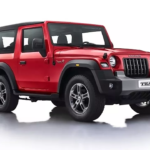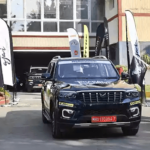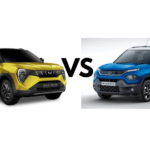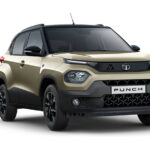
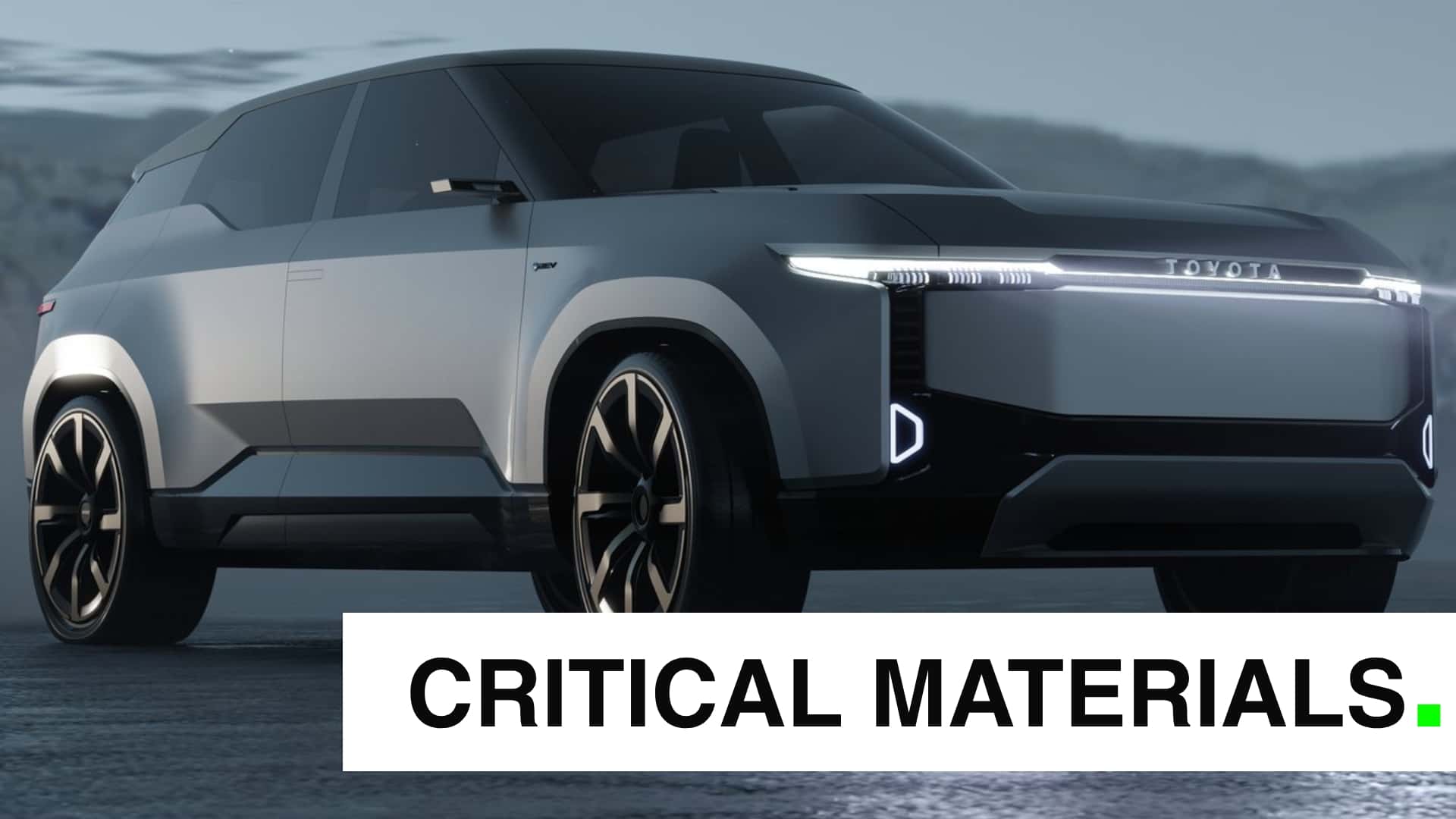
Why You Don’t Underestimate Toyota In The Electric Race
When it comes to electric vehicles, it can be extremely hard to figure Toyota out. Six months ago, it was putting on a huge show of force in Japan to demonstrate how it was racing to “catch up” to rivals like Tesla and China’s electric automakers; a few months after that, it was spiking the football over hybrid sales, still touting hydrogen and openly projecting EVs will only make up 30% of the market someday. (Not to mention all those years of lobbying against EVs.)
In my mind, what matters is what’s happening behind the scenes and what Toyota will—hopefully—take to market eventually, starting with the 2026 model year for Lexus. Because I don’t think Toyota is taking this lying down as much as people think, and the buyout of a Panasonic joint venture helps us understand why.
That kicks off this Hump Day edition of Critical Materials. Also on tap: BYD slashes prices on its cheapest car right after it comes out, and a tiny component from China is causing headaches for Volkswagen.
30%: Toyota Takes Full Ownership Of Longtime Panasonic Joint Venture

I never realized this until I went to Japan for a work trip and saw it for myself, but the scope of Toyota can be hard to fathom. It’s not a car company, so much as it is cars; it has a vast, vast network of suppliers and subsidiaries it not only works with but in many cases owns or partially owns. (Not to mention its share of ownership in Mazda and Subaru.) It is a considerably more vertically integrated car company than many others, which is a huge advantage both Tesla and the Chinese automakers have—among other things, it helps you move fast and pivot quickly if needed.
This helps explain why Toyota is buying out partner Panasonic’s share in their long-running joint venture, Primearth EV Energy Co, which is a Japanese battery manufacturer. This news comes to us today from Automotive News, which reminds us that the company abbreviated as PEVE has been at this since the early days of the Prius:
The move comes as PEVE, one of Toyota’s earliest suppliers of batteries for hybrid vehicles including the Prius, gears up to start producing batteries for full-electric vehicles in Japan.
Toyota traditionally likes close oversight if not outright control over key components. Bringing PEVE fully in-house allows more flexibility in deciding output levels, cost and battery technology.
PEVE, which was established in 1996 as a 40-60 joint venture between Toyota and Panasonic, has focused only on power packs for standard and plug-in hybrids.
From 2026, it will start making batteries for EVs at a new factory in its Kosai battery hub in Shizuoka prefecture, between Nagoya and Tokyo. The new Arai battery plant, PEVE’s fourth, opens this year. It will first make hybrid batteries and then add plug-in hybrid and BEV batteries.
“We wanted PEVE to take on the manufacturing of a wider range of electric vehicle batteries,” a Toyota spokesman said. “With this major change, we also considered the capital structure.”
How Toyota spends its money is, to me, often more telling than just what it says in public. It may have the size, scale and scope to sort of take its time on EVs, but the world’s largest automaker isn’t stupid. Japan’s automakers are still in “crisis mode” over the rise of China, and Hyundai-Kia’s newfound EV juggernaut status has them all spooked as well. As that Automotive News story notes, it aims to sell 3.5 million EVs globally by 2030, about twice what Tesla did last year, for context.
Sure, it can be frustrating to be an EV fan and also a Toyota fan these days. But I don’t think it’s wise to count that company out entirely.
60%: BYD Already Cuts Prices On The Seagull, Its Cheapest Car

And this is exactly why Toyota literally cannot afford to get complacent here: in a stunning display of “this isn’t even my final form” energy, BYD just cut the prices on its cheapest car, the Seagull, in China. That further fuels a brutal price war as China’s EV and new car market starts to slow, and the myriad brands and players in that market start to throw in the towel. Here’s Reuters:
Sticker tags for the Seagull, a compact car, will now start at 69,800 yuan ($9,700).
BYD has become a relentless discounter in the price war Tesla tab began in the world’s largest auto market last year. That aggressive stance has helped it unseat its U.S. rival as the world’s biggest seller of electric vehicles even if most of BYD’s cars are sold in China.
This year, it has embarked on a series of price cuts – including a drop of nearly 12% to the Yuan Plus crossover, its best-selling car known as the Atto 3 in overseas markets. The price reductions have been deeper in depth than rivals and across a wider number of models.
Amid uneven growth for the world’s No. 2 economy, sales (including exports) of new energy vehicles such as pure battery EVs and plug-in hybrids are expected to rise 13% to 11.5 million units this year. That’s sharply slower than the 38% jump in growth for 2023.
BYD is likely to offer more discounts through 2024, the automaker said, because it can afford to do that sort of thing. You see what I mean about why Toyota’s spooked?
90%: VW Group Imports Delayed By Chinese Component

If you want an example of how complicated crackdowns on Chinese components for U.S. cars can be, here’s a good one. Shipments of various Volkswagen Groups into our market have been held up by the discovery of a small component made by a blacklisted Chinese company, the Wall Street Journal reports:
The part, a LAN transformer used to connect cars and computers to networks, was inside a control system of vehicles being shipped by Volkswagen to the U.S. from Europe and Mexico.
The tiny part was made by a company called Sichuan Jingweida Technology, a person familiar with the matter said, which in December was added by the Department of Homeland Security to the U.S. entity list over its alleged use of forced labor in China.
The Chinese company supplied the small part to another supplier and didn’t directly provide the LAN transformer to Volkswagen. Its blacklisting caused the carmaker to hold back imports of Porsche, Audi and Bentley cars into the U.S., with delays expected to last through March while Volkswagen replaces the part.
Volkswagen confirmed that the problematic part was a LAN transformer and that the sub-supplier was added to the entity list in December. Volkswagen also said it is working to ensure its supply chain complies with standards, and that it is using existing procedures and looking for new solutions to prevent forced labor in its supply chain.
The Financial Times reported earlier that Volkswagen group cars were held up at U.S. ports after the carmaker found that an unspecified subcomponent breached the forced-labor prevention law.
It’s not immediately clear which models have been impacted here (and we will update as we get that information), but it does show how tricky things get when China’s involved.
100%: What’s Your Read On Toyota In The EV Race?
Where do you see the world’s biggest automaker going in the next few years?
Add a comment Cancel reply
Comments (0)
Categories
- Car News (2)
- Cars News (91)
- Electric Cars (76)
- Electric Two-wheeler (76)
- Electric Vehicle (76)
- Experts Reviews (2)
- Gallery (11)
- New Arrivals (378)
- Uncategorized (1)
- Used Cars (54)
- XUV Cars (2)


